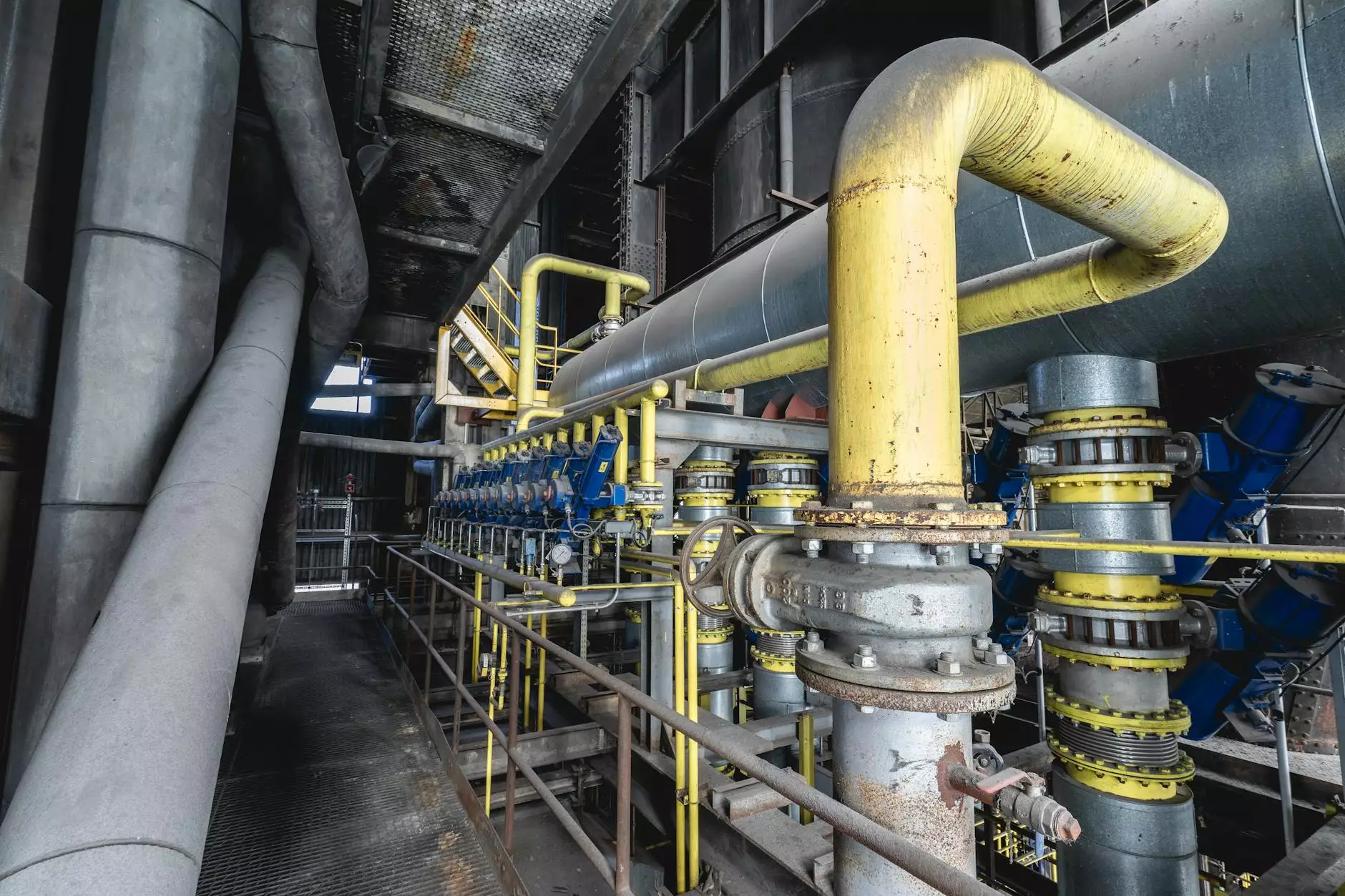The Importance of Understanding Ambient Pressure in PSI for Business Operations

Ambient pressure psi is a fundamental concept that significantly impacts various industries, from automotive repair to agricultural equipment maintenance and structural engineering. Understanding how ambient pressure functions and influences operations can greatly enhance efficiency, safety, and performance.
What is Ambient Pressure PSI?
Ambient pressure refers to the pressure exerted by the atmosphere at a given location, usually measured in pounds per square inch (psi). It is crucial in several domains, particularly in mechanics and engineering, where it affects equipment operations and performance.
How Ambient Pressure Affects Different Industries
1. Auto Repair
The automotive industry is deeply intertwined with physical and environmental principles. Understanding ambient pressure is vital for various repairs and maintenance tasks:
- Tire Pressure Management: The correct tire pressure is dependent on ambient pressure. Mechanics must adjust tire pressures accordingly to ensure optimal performance and safety.
- Fuel Efficiency: Changes in ambient pressure can influence engine performance. For instance, engines may require recalibration at different elevations where ambient pressure varies.
- Brake Systems: Air brake systems in vehicles require a precise understanding of ambient pressure to ensure effective operation.
2. Farm Equipment Repair
In agriculture, farmers rely on machinery that must operate effectively under varying environmental conditions. Understanding ambient pressure psi can lead to better maintenance and operation:
- Optimizing Performance: Equipment such as tractors and harvesters often need calibration based on the ambient pressure to function efficiently.
- Diagnosing Issues: Anomalies in equipment performance may be traced back to ambient pressure variations, allowing for timely repairs.
- Weather Influence: Farmers often monitor ambient pressure as it can indicate weather changes, crucial for crop management and planning.
3. Structural Engineering
Structural engineers must consider ambient pressure when designing buildings and structures. The implications of ambient pressure psi might include:
- Pressure Loads: Structures must be designed to withstand not just physical loads but also pressure from the environment, including wind and atmospheric pressure.
- Aerodynamics: For buildings with significant heights, ambient pressure affects the pressure differential experienced by the structure.
- Materials Selection: The choice of materials may depend on the pressure environment they will face, making knowledge of ambient pressure essential.
The Science Behind Ambient Pressure
Understanding the physical principles of ambient pressure psi involves delving into atmospheric science, physics, and engineering. Here's a closer look:
What Influences Ambient Pressure?
Several factors contribute to fluctuations in ambient pressure:
- Altitude: Higher altitudes result in lower ambient pressure due to the decreased density of air.
- Weather Patterns: Low-pressure systems can lead to storms, while high-pressure systems typically bring clear skies.
- Temperature: Warm air is less dense and thus can alter the ambient pressure readings.
Measuring Ambient Pressure
To effectively gauge ambient pressure, businesses must utilize appropriate instruments. Common tools include:
- Barometers: Used to measure atmospheric pressure.
- Pressure Sensors: Integrated into machinery for real-time monitoring.
- Digital Pressure Gauges: Provide exact readings and can be calibrated for specific operational needs.
The Role of Technology in Managing Ambient Pressure
With modern advancements, businesses can now incorporate technology that enables better management of ambient pressure:
- IoT Devices: Internet of Things (IoT) allows for the seamless integration of pressure sensors with smart technology for real-time data analysis.
- Software Solutions: Specialized software can predict changes in ambient pressure and provide actionable insights for businesses.
- Data Logging Tools: These devices help track ambient pressure over time, offering critical data for maintenance and operational adjustments.
Best Practices for Businesses Regarding Ambient Pressure
To effectively harness the knowledge of ambient pressure concepts, businesses should consider the following best practices:
- Regular Monitoring: Implementing a routine check of ambient pressure can help in preemptive maintenance.
- Employee Training: Ensuring staff members understand the impact of ambient pressure on their work can enhance operational effectiveness.
- Utilize Advanced Technologies: Invest in modern tools and devices that facilitate better measurement and adjustments related to ambient pressure.
Conclusion
Understanding and effectively managing ambient pressure psi is crucial for businesses in auto repair, farm equipment repair, and structural engineering. By adopting best practices, leveraging technology, and fostering a culture of awareness regarding ambient pressure, companies can significantly enhance their operational efficiencies and safety. As these industries evolve, the significance of a thorough grasp of ambient pressure will only grow, making it a vital area of focus for future success.
Call to Action
If you're operating within industries impacted by ambient pressure, it’s time to prioritize understanding and managing this essential factor. For specialized services in auto repair, farm equipment repair, or structural engineering, consider reaching out to Michael Smith Engineers for expert guidance and solutions tailored to your needs.









